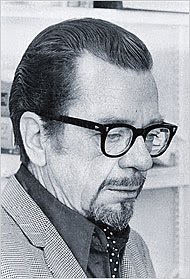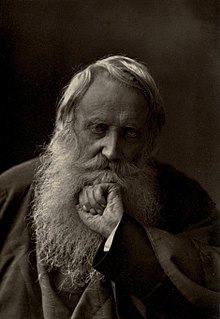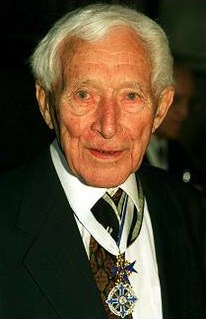A Quote by Charles Caleb Colton
Power. like the diamond, dazzles the beholder, and also the wearer; it dignifies meanness; it magnifies littleness; to what is contemptible, it gives authority; to what is low, exaltation. To acquire it, appears not more difficult than to be dispossessed of it when acquired, since it enables the holder to shift his own errors on dependents, and to take their merits to himself. But the miracle of losing it vanishes, when we reflect that we are as liable to fall as to rise, by the treachery of others; and that to say "I am" is language that has been appropriated exclusively to God!
Related Quotes
Such is the effect of the grace of God in the heart of a pilgrim; while on one hand he sees the propensity of his evil nature to every sin which has been committed by others, and is humbled; he also confesses, that, by no power of his own, is he preserved, but ever gives the glory to the God of all grace, by whose power alone he is kept from falling.
A prince ought to have no other aim or thought, nor select anything else for his study, than war and its rules and discipline; for this is the sole art that belongs to him who rules, and it is of such force that it not only upholds those who are born princes, but it often enables men to rise from a private station to that rank. And, on the contrary, it is seen that when princes have thought more of ease than of arms they have lost their states. And the first cause of your losing it is to neglect this art; and what enables you to acquire a state is to be master of the art.
It seems to me that the moralist is the most useless and contemptible of creatures. He is useless in that he would expend his energies upon making judgments rather than upon gaining knowledge, for the reason that judgment is easy and knowledge is difficult. He is contemptible in that his judgments reflect a vision of himself which in his ignorance and pride he would impose upon the world. I implore you, do not become a moralist; you will destroy your art and your mind.
Lord Bacon has compared those who move in higher spheres to those heavenly bodies in the firmament, which have much admiration, but little rest. And it is not necessary to invest a wise man with power to convince him that it is a garment bedizened with gold, which dazzles the beholder by its splendor, but oppresses the wearer by its weight.
Since the social victim has been oppressed by society, he comes to feel that his individual life will be improved more by changes in society than by his own initiative. Without realizing it, he makes society rather than himself the agent of change. The power he finds in his victimization may lead him to collective action against society, but it also encourages passivity within the sphere of his personal life.
If, therefore, the Greeks or others say that they are not committed to Peter and to his successors, they necessarily say that they are not of the sheep of Christ, since the Lord says that there is only one fold and one shepherd (Jn.10:16). Whoever, therefore, resists this authority, resists the command of God Himself.
I identify myself in language, but only by losing myself in it like an object. What is realised in my history is not the past definite of what was, since it is no more, or even the present perfect of what has been in what I am, but the future anterior of what I shall have been for what I am in the process of becoming.
Good work is no done by "humble" men. It is one of the first duties of a professor, for example, in any subject, to exaggerate a little both the importance of his subject and his own importance in it. A man who is always asking "Is what I do worth while?" and "Am I the right person to do it?" will always be ineffective himself and a discouragement to others. He must shut his eyes a little and think a little more of his subject and himself than they deserve. This is not too difficult: it is harder not to make his subject and himself ridiculous by shutting his eyes too tightly.
Perfection consists in one thing alone, which is doing the will of God. For, according to Our Lord's words, it suffices for perfection to deny self, to take up the cross and to follow Him. Now who denies himself and takes up his cross and follows Christ better than he who seeks not to do his own will, but always that of God? Behold, now, how little is needed to become as Saint? Nothing more than to acquire the habit of willing, on every occasion, what God wills.
The anarchist, as the born foe of authority, will be destroyed by it after damaging it more or less. The anarch, on the other hand, has appropriated authority; he is sovereign. He therefore behaves as a neutral power vis-à-vis state and society. He may like, dislike, or be indifferent to whatever occurs in them. That is what determines his conduct; he invests no emotional values.




































